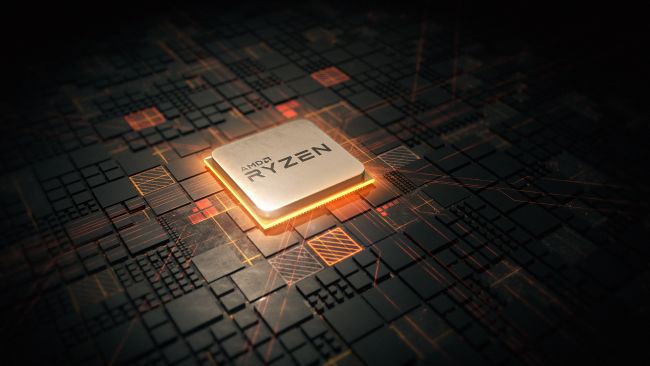AMD has just edged out Intel in desktop CPU market share for the first time in 15 years on the energy of its Ryzen series of processors, first released in 2017.
The market share figures, gathered by PassMark Software’s PerformanceTest benchmarking instrument, showed AMD with a 50.8% share of the Windows desktop CPU market worldwide to 49.2% for Team Blue on January 4, 2021. Intel regained a slight 0.4% lead on January 5, however, AMD has still handed the silicon Rubicon in its battle with its archrival.
The final time AMD beat out Intel was Q1 2006, with a peak of 53.9% market share, which it misplaced the next quarter as Intel went on an 11-year tear and got here near claiming almost 80% of the desktop CPU market in Q4 2016.
With the release of AMD’s Ryzen series of CPUs in 2017, nonetheless, issues shortly turned around for Team Pink. It has quickly climbed back to parity with Intel, and with choices just like the Ryzen 7 5800X and Ryzen 9 5900X lower than a three months outdated, there’s little motive to suppose that AMD will slip the way in which the company did final time.
As extra systems are benchmarked, these numbers are sure to vary, so it stays to be seen if AMD can sustain its climb, however given Intel’s issue in transferring their processors to a 7nm structure, AMD seems to have a reasonably clear path to beating Intel within the desktop CPU house within the years forward.
Intel still dominates mobile computing and server markets
Whereas Intel may have misplaced this round on the desktop CPU entrance, its laptop computer and server CPU market shares are completely dominant. As factors out, with 83.7% of Home windows laptops examined working an Intel CPU, AMD has a protracted method to go earlier than they will meet up with Intel. Its much more one-sided on the server aspect the place Intel enjoys a 98.6% market share, with AMD powering simply over 1% of servers examined.
Whereas these numbers are closely lopsided, it solely took AMD four years to come back again from an identical place getting almost shut out of the desktop CPU entrance, so if anybody can, AMD has proven that it definitely has the chops to do it.
